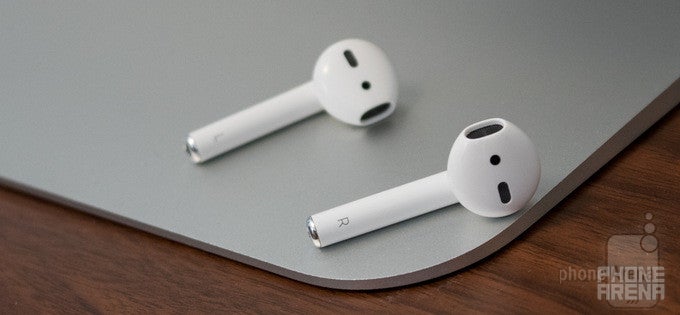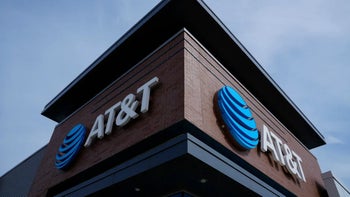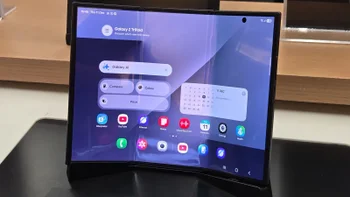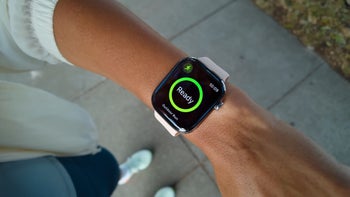The AirPods have batteries 80 times smaller than an iPhone's. Why don't they charge 80 times faster?

Lithium-ion batteries: a charging story
Lithium is well-known for being highly reactive and flammable, which makes charging a lithium-ion battery a tricky business. The process must be actively and constantly regulated in order to be both efficient and – more importantly – safe. If mishandled, a battery may suffer irreversible damage. It may go up in smoke if abused further. This is why every Li-ion-powered gadget has specialized circuitry built inside it – circuitry that limits the flow of electricity, keeping it within limits that the battery cell can handle. And what the battery cell can handle is proportional to its size.
The smaller the lithium-ion battery, the slower the rate at which it can be charged. That's because elements inside the battery (called electrodes) responsible for making electric flow possible are physically smaller, which limits the amount of electrical energy that can safely pass through them. Once again, the accent is on "safely". You surely can force a Li-ion cell to charge faster, but this can easily cause irreversible damage or even a smokey, smelly explosion.
Of course, the AirPods are not the only product affected by this phenomenon. When I reviewed the Samsung Gear IconX wireless earphones last year, I noticed that they needed over an hour to fully charge, even though their batteries were also tiny. I'm pretty sure that smartwatches charge rather slowly primarily due to the very same reason and less due to their use of wireless charging.
Just gimme the TL;DR version
What? You didn't read the whole piece? But it wasn't even that long! Anyway, what you should walk away with is that smaller batteries need to be charged at slower rates, and there's not much that can be done about it. Perhaps improvements in battery technology could make quicker charging a reality. Perhaps one day a new technology will emerge and replace Lithium-ion cells altogether. When that's going to happen, however, is anyone's guess.
iPhone 7 and AirPods teardown photos courtesy of iFixit
You might also like:
Follow us on Google News














Things that are NOT allowed:
To help keep our community safe and free from spam, we apply temporary limits to newly created accounts: